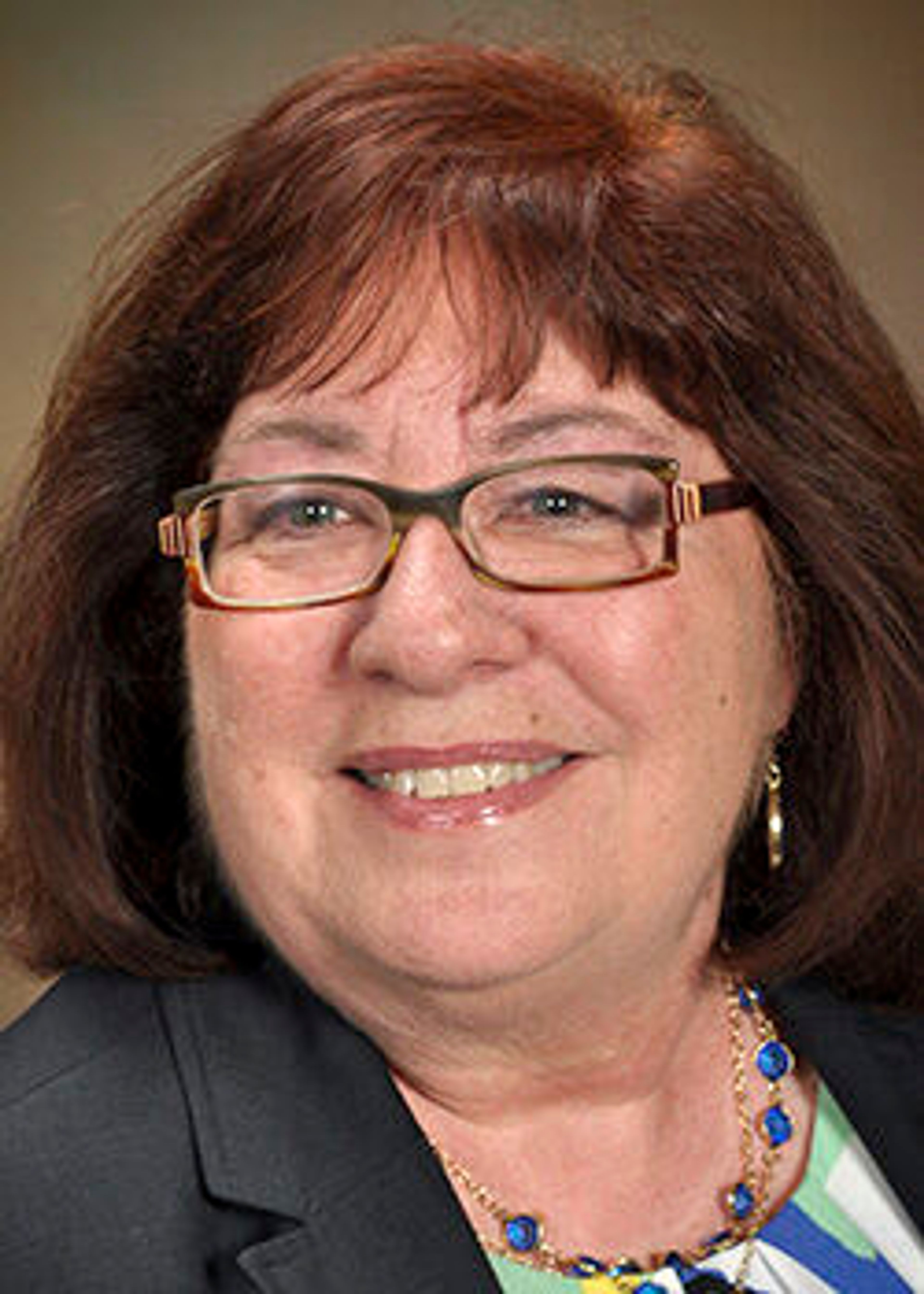"The truth does not change according to our ability to stomach it."
— Flannery O'Conner in a 1955 letter to Betty Hester.
Women who do not have children are “cat women” — and they don't have a stake in the country?
That’s what Sen. J.D. Vance said in a 2021 interview referring to Vice President Kamala Harris, a statement which has been resurrected and he is repeating. Vance also recently said all women should be stay-at-home moms, plus he called for children to get the votes of childless adults because those adults do not have a “direct stake” in the future of the country.
Apparently, any adult without children is part of the “childless left” who have rejected family and, therefore, have no stake in the future because they have no direct offspring, according to Vance.
Like men, women should have a say in what happens to their lives and bodies, and children may or may not be part of that person’s life for a wide variety of reasons. Yet it is women who find themselves being controlled or their choices limited by the government, not men.
Women are acutely aware of how society judges them if they do not have children, if they have a child out of wedlock or if they are raising children on their own after a divorce or death of a partner. It is not a positive picture.
There are multiple reasons for not having children. For instance, a woman may in incapable of conceiving, or she may have a medical disorder which would make the life of the child difficult (such as Lou Gehrig’s disease).
Or a woman may want to be in a stable, committed relationship and cannot find one during her childbearing years. Perhaps she is in an abusive relationship, and she fears any child would likewise be abused.
Also likely is the woman dreams of a career for which she has a unique talent, and she wishes to establish herself professionally before starting a family, something many young women are currently doing.
No matter what the answer, it is her business, not the business of government and certainly not up to a U.S. senator to decide.
Statements such as Vance’s make it seem like women are only on earth for sex, an extremely outdated notion that changes women from citizens to beasts of burden. Yes, women are the people who bring children into the world, but they also have minds, abilities and talents to help enrich the world.
For example, it was women who developed such everyday products as the microwave oven, jet propulsion engines, computers and computer software systems, central heating, the circular saw, beer, caller ID, windshield wipers, Wi-Fi, electric dishwashers and Kevlar for bulletproof vests.
In science and astronomy, women have been leading figures for generations, bringing to life theories such as X-ray technology, marine biology (it was a woman who invented the aquarium), the Apgar score for determining the health of newborn babies, chemotherapy, laser eye surgery, the science for removing cataracts and many astrophysical theories.
Women have also played key roles in social issues, especially dealing with health and child welfare, and environmental causes including clean air and water. Female engineers developed dam and reservoir construction techniques, methods of storing water, understanding sand ripples and electric arcs, among other achievements.
All these accomplishments and thousands more, and yet the people who try to hold women back still forget that they, too, were developed by a woman.
Not all societies treat women with so poorly. In Indigenous society, women are generally honored and hold a myriad of positions within a tribe, including chief, medicine person/healer, legislator, warrior and storyteller/historian.
Under the Great Law of Peace, which America’s founding fathers used as a template for the Constitution, women were held in such high esteem they were given the job of keeping the council fires burning and were named as the final decision-makers for major issues. It is a notion that was apparently a step too far for the 18th century founders to consider adding to their document.
Apparently, it is still a notion too far for some modern men in American politics.
No matter their political affiliation, America’s women voters should think about that before voting this fall.
Tallent was a journalism faculty member at the University of Idaho for 13 years before her retirement in 2019. She is of Cherokee descent and is a member of both the Indigenous Journalists Association and the Society of Professional Journalists. She also writes for FaVS (Faith and Values) News.








